LAST RIGHTS
Advance Directives

Most people don’t die how or where they want.
But there are ways to make your voice heard near the end.
Six Emory physicians share details of their own advance medical directives.
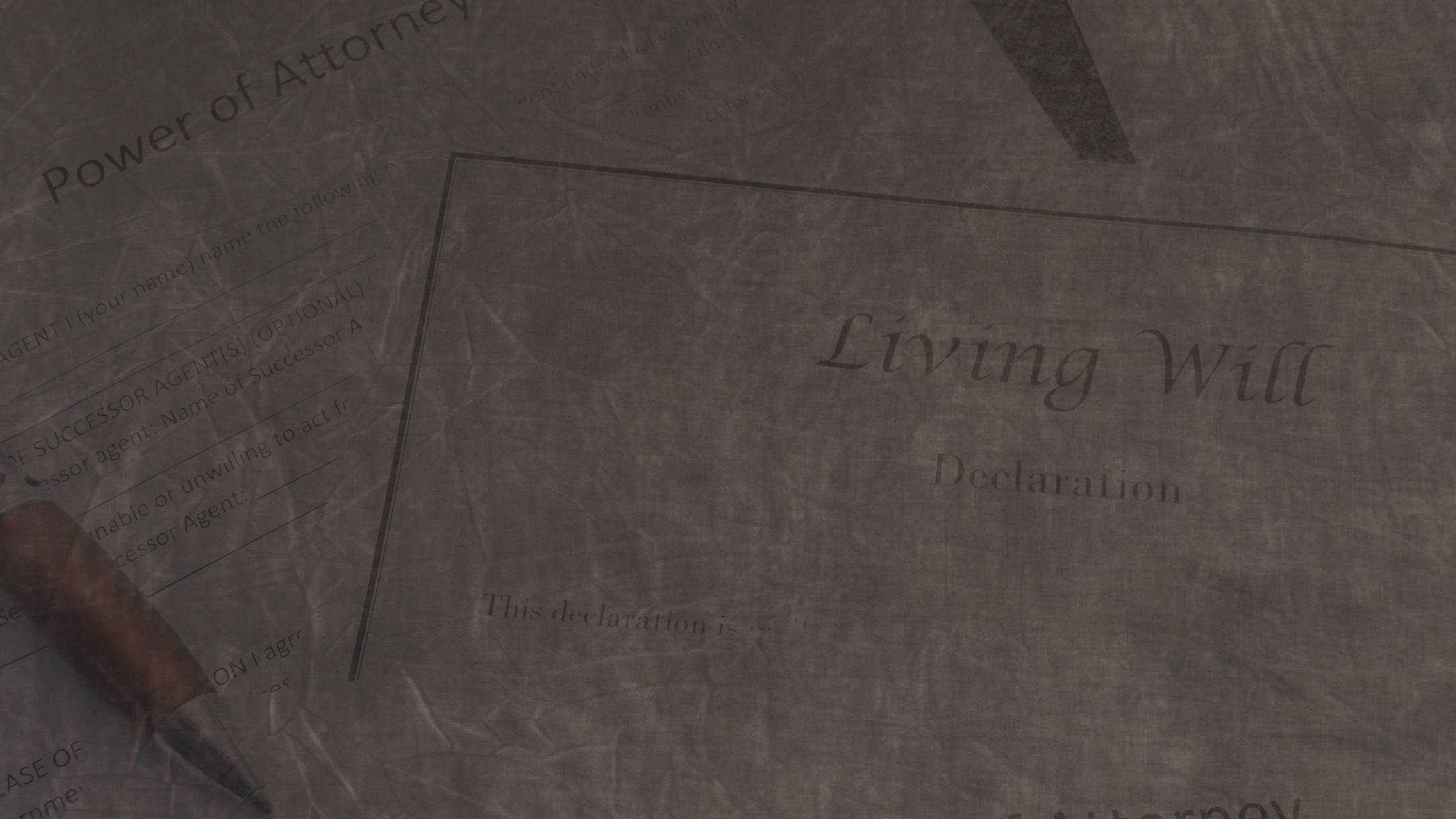
Uncomfortable as it may be to consider our own death, most of us plan ahead for that inevitable event in some way.
We do what we can to make sure our wishes will get carried out if we die or become incapacitated: Wills that specify what we want done with money and other resources. Documents that declare who would be responsible for our young children. Powers of attorney that give a person or institution authority to manage our financial affairs if we no longer have the mental capacity to do so.
All of these preparations can be helpful, says Robin Everhart, associate general counsel for Emory Healthcare and Emory University, but fewer than one in three Americans prepares a guide for their relatives as to what medical measures they want in the event of an irreversible injury or illness.
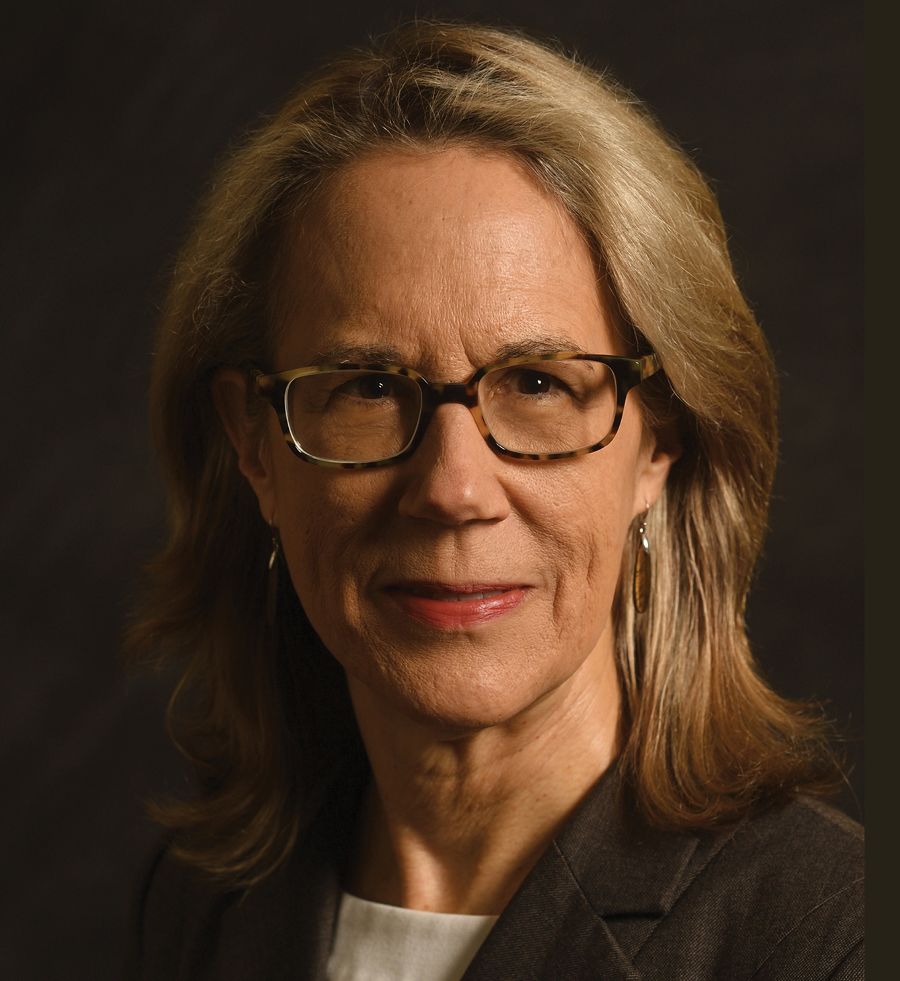
Robin Everhart Associate general counsel | Emory Healthcare and Emory University
Robin Everhart Associate general counsel | Emory Healthcare and Emory University
Before Everhart became a health care lawyer, she was an intensive care nurse. She was at the bedside of unconscious patients, watching stunned family members struggle to decide the right course of action when considering measures that would prolong life but had no chance of producing a recovery.
How could they be the ones to make the decision—no ventilator, for instance—that would effectively end Mom’s life?
How could they choose an option, like feeding tubes, that would keep Papaw with them a little longer but might increase his suffering? What would their relative have wanted them to do? That’s exactly what advance medical directives are designed to convey, says Everhart.
Previously known in Georgia as a living will and durable power of attorney for health care, the advance directive for health care allows people to designate someone to make health care decisions on their behalf, if and when they have lost decision-making capacity.
An advance directive can, if the person chooses, reflect which end-of-life treatments, if any, the patient wants, in the event that they have an incurable or irreversible condition that may result in death in a relatively short time.
Susanne Hardy
Emergency medicine | Emory University Hospital
Susanne Hardy and her husband began end-of-life planning as part of their “safety net” after having children.
An only child, Hardy had been through the loss of both her parents before she turned 36. She was grateful that she understood and had documentation of her parents’ last wishes.
It was a step she knew she and her husband needed to take early. “These are difficult decisions and I encourage everyone in my life to complete an advance directive,” she says. “And not just complete it but discuss it openly with care providers and family.”
Her and her husband’s directives, for example, express that neither wants to be kept alive if only by life-support methods like ventilators and tube feedings, but both would want medications to assure maximum comfort until a natural death occurs.
Hardy, assistant professor of emergency medicine at Emory, knows well that these plans need to be written down and discussed with family. After particularly difficult cases in the emergency room, she sometimes passes colleagues in the hall shaking their heads, murmuring, “If I’m ever in that situation, please don’t keep me alive.” She often nods in agreement.
But real life in the ER is more complicated than that. “We realize that we are privileged to be involved in only a snippet of patients’ lives and that every situation is different,” she says. “In the ER we do everything we can to save a patient’s life. That’s our job.”
It is still unusual for ER doctors to have an advance directive in hand stating the patient’s wishes regarding life-extending measures, Hardy says. “But we are grateful when we do.”
If there is any question about what the patient’s wishes are, the team does its best to give the family time and space to decide. “We want them to be comfortable with these end-of-life decisions. If people need more information about what medicine can or cannot do, we give it to them,” she says. “If they ask for time for other family members to drive or fly to the hospital to be there for support, we try to accommodate that.”
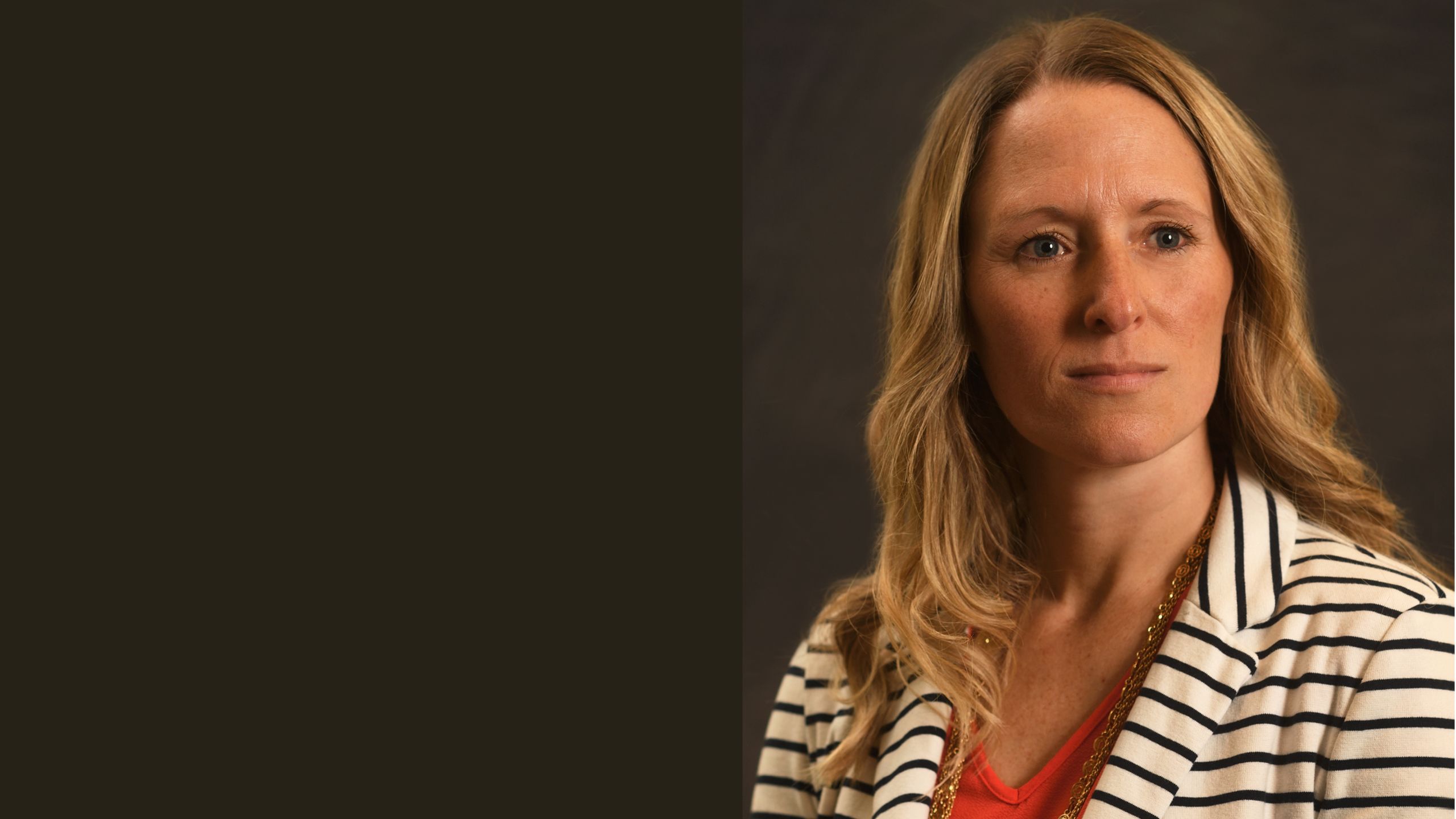
”These are difficult decisions and I encourage everyone in my life to complete an advance directive.”
—Dr. Susanne Hardy

Antonio Graham
Geriatrics |
Atlanta Veterans Affairs Medical Center
Like most younger doctors, Antonio Graham made his first advance directive as a resident because the institution where he was training—Johns Hopkins, in his case—demanded that all residents and fellows complete one. If they had not yet spelled out their own end-of-life wishes, how could they advise their patients to do so?
Having a baby only reinforced Graham’s initial decisions. If there were a chance to extend his life with some level of quality, he would “take whatever medicine could offer.”
But, he added, if after one week there was no evidence he would recover, then he would want “all lifesaving care de-escalated and comfort care intensified.”
Graham’s wife, his designated agent, agrees totally. His mother, however, fears her only child won’t get good treatment if the doctors see him “giving up.”
That’s not how it works, Graham reassures her. He gently reminds her that he is a doctor who fights hard for his patients but also tries to take their wishes into account—as he did when his father refused ventilation. It was a peaceful death, helped by morphine and oxygen.
Graham, an assistant professor of medicine at Emory, believed his father was making the right decision, and he was grateful that he knew what his dad wanted. But it was still incredibly hard.
“It’s one of the most difficult things you’ll ever face: having the courage to honor a person’s wishes, whether you agree with their decisions or not,” he says.
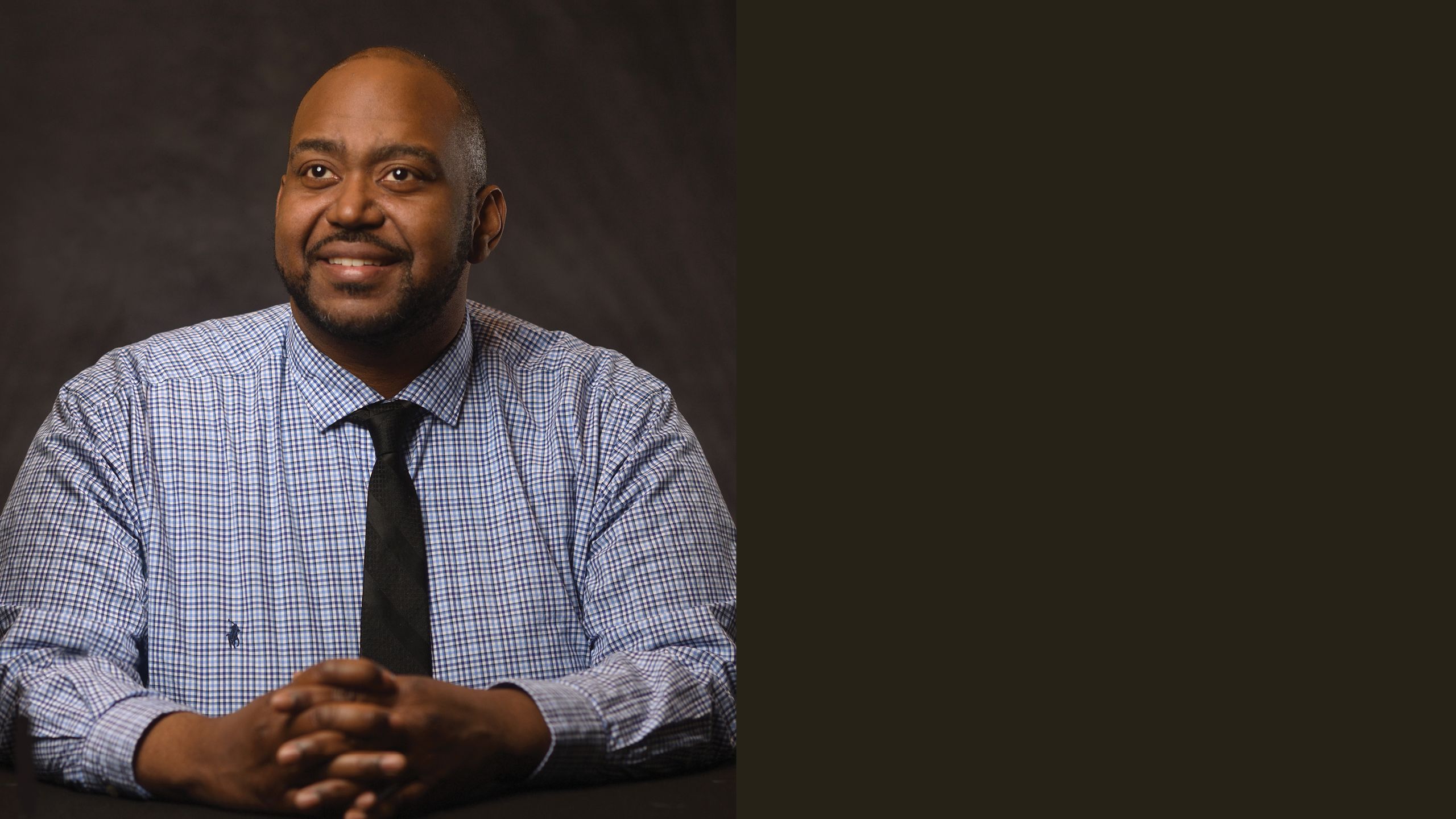
Benjamin Stoff
Dermatology
Senior Faculty Fellow | Emory Center for Ethics
As a dermatologist, even one specializing in skin cancer, Stoff doesn’t encounter as much death as many of his colleagues.
But having a graduate degree in ethics and being part of the Emory Ethics Center has helped him better understand the moral basis for both informed consent (medical decision making by the patient, when they have the capacity to do so) and advance directives regarding end-of-life treatments (for when patients can no longer make or express those decisions). Both protect patient autonomy, he says.
Because physicians faced with hard decisions sometimes ask for consultations with ethics center professionals, Stoff also has seen the full range of complexity and conflict that can occur when no one knows or family members disagree about what the patient would have wanted.
Stoff, associate professor of dermatology and pathology at Emory, and his wife are each other’s designated agents, but they deliberately involved family members as witnesses, to emphasize how seriously they took their decisions and to encourage others in the family to follow suit.
Like most of Stoff’s colleagues, they choose to allow their natural deaths to occur without medications or machines, when a return to meaningful life is not possible. In the section of the document for additional statements, both wrote: “My top priority at end of life is comfort. If to keep me comfortable requires high levels of pain medication that may hasten my death, that is acceptable to me.”
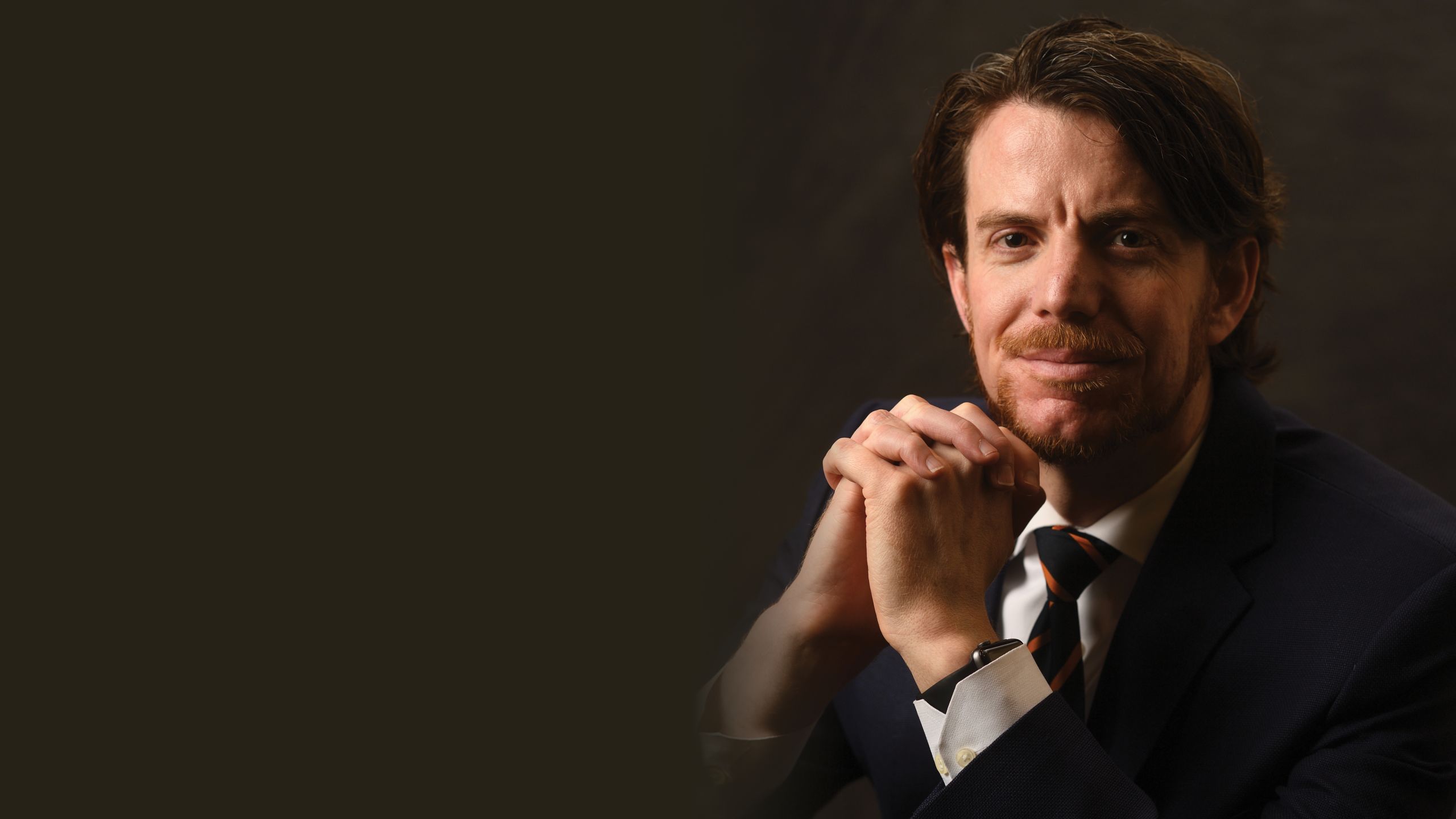
”In the section of the document for additional statements, [my wife and I] both wrote: 'My top priority at end of life is comfort.' ”—Dr. Benjamin Stoff

Ashima Lal
Palliative care |
Grady Memorial Hospital
It’s become something of a Thanksgiving tradition. After the dishes are cleared, Ashima Lal checks in with family members about what everyone’s wishes are in the event of an irreversible condition. They may tease her —“What, again?”—but they understand. As a palliative care physician frequently consulted in Grady’s ICU, Lal sees patients with non-survivable injuries or illnesses, as well as their next of kin having to make crucial decisions at a completely unexpected, shocking time. There’s always anxiety and often conflict. To avoid that for their own families, Lal, assistant professor of medicine at Emory, and her husband prepared advance directives, discussed them with everyone, and keep copies in their cars’ glove compartments and the drawer next to the refrigerator. “Making decisions at this point in our lives is fairly easy. We would be okay with physical limitations,” she says, “but not huge cognitive ones.” To her family, patients, and friends, she explains that the documents can be revised if things change with their health or the person they want to be their designated health care decision maker. Advance directives are especially important, she says, if you want someone other than your next of kin making health care decisions for you if you are not able. Legally, without a document explicitly stating otherwise, the brother you may not have spoken to for years will have more authority over your end-of-life care than your fiancée or long-time partner, for example.
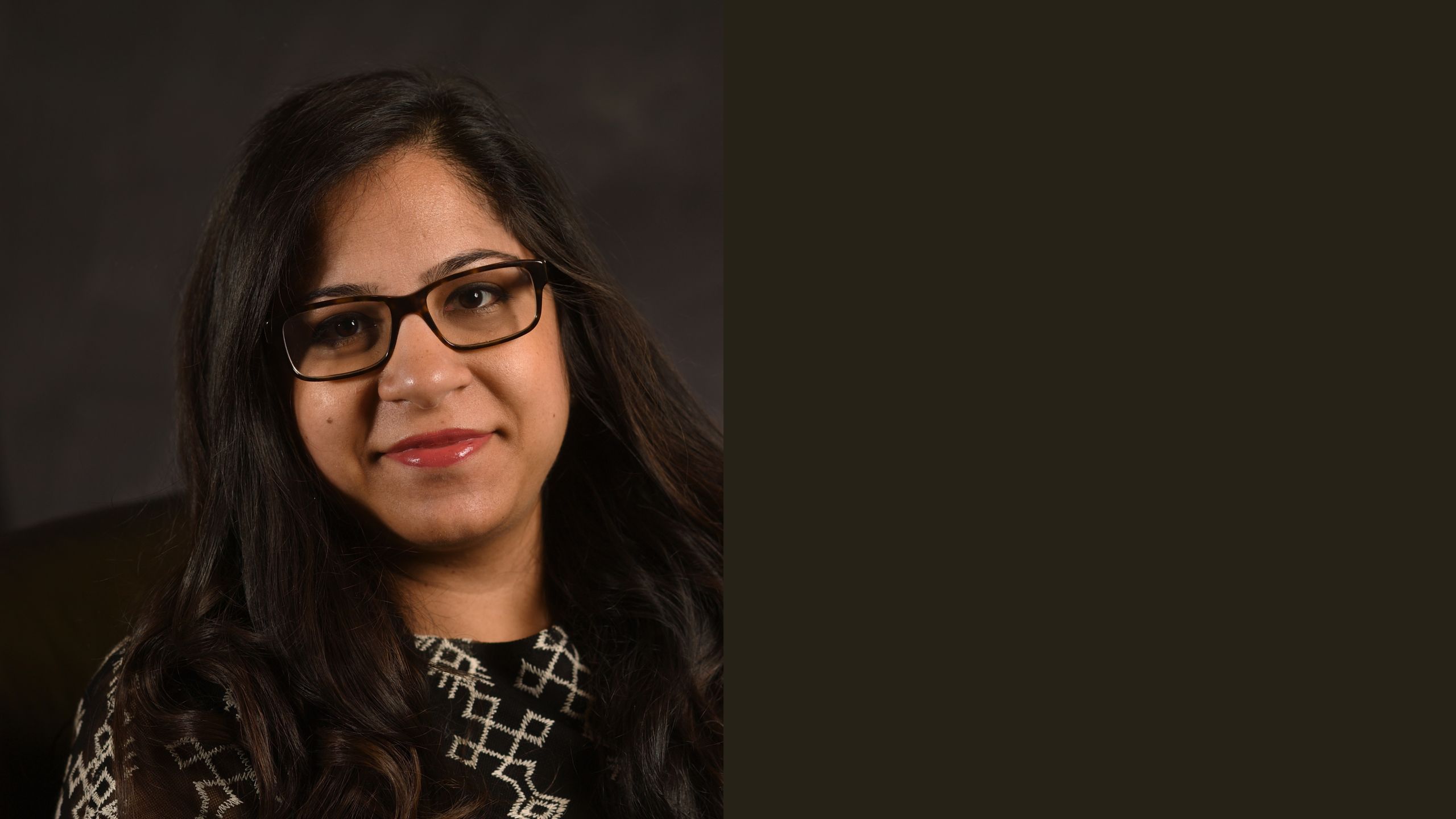
Kimberly Curseen
Palliative care, Supportive Oncology Clinic | Winship Cancer Institute
Watching patients struggling with illness or traumatic injury made Kimberly Curseen think about what her family would go through if something catastrophic happened to her and she were incapacitated. “I wanted to absolve my husband and parents of the difficulties of trying to decide how I would have made decisions if I were able,” says Curseen, associate professor of medicine at Emory. “I wanted them to hear my voice even when I could no longer speak for myself.” And she wanted them to be as comfortable as possible with her decisions to forego life-extending measures. In her advance directive, she wrote that it is important to her that her family have consensus. If that doesn’t happen quickly, as she fears it might not, then “it would be okay to prolong my life for a reasonable amount of time in hopes of achieving that consensus.”
Advance directives are living documents, and Curseen recommends that people revisit them every five years, or when their health or life events change.
“Humans have the ability to live with significant disability and still find beauty and wonder in life,” she says. “I redid my plan when my son was born because his birth made me think about what I could accept as a minimal quality of life—the amount and types of disability I could or could not accept—in order to watch him grow up.”
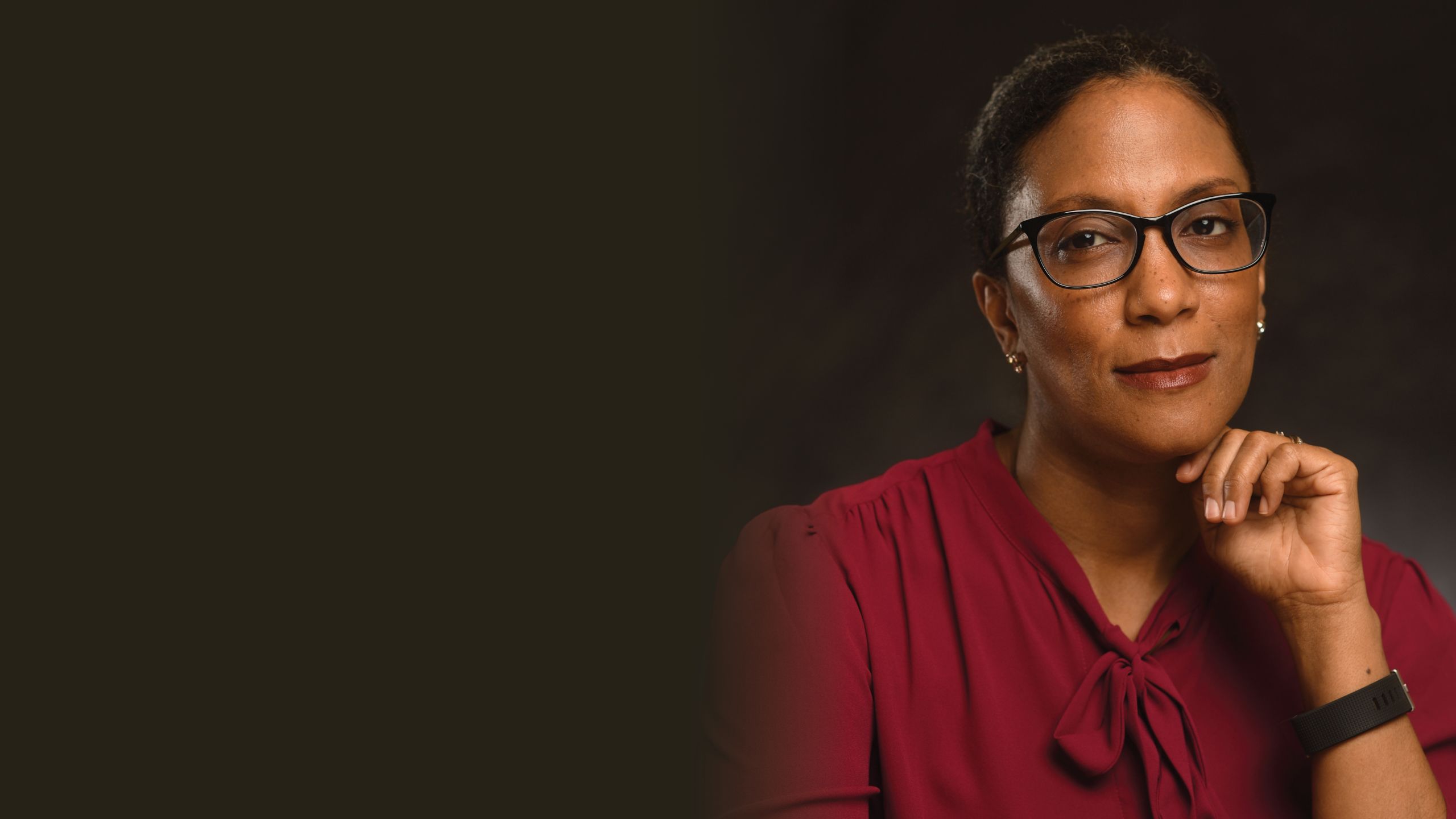
“I wanted them to hear my voice even when I could no longer speak for myself.”—Dr. Kimberly Curseen

William Clyde Partin, Jr.
Internal medicine,
Director | Emory Special Diagnostic Services
As head of special diagnostic services in the Paul W. Seavey Comprehensive Internal Medicine Clinic at Emory, Clyde Partin and his team see patients with mysterious symptoms and undiagnosed illnesses. Often called “Dr. House” by jocular patients and friends, Partin has seen “both sides of the end-of-life coin”—cases where patients have made their desires expressly known, and those where families are left to struggle with questions about what their relatives would have wanted. To spare their own families that dilemma, Partin and his wife have talked to everyone involved about their wishes.
An associate professor of medicine at Emory, Partin teaches his residents to be aware of cultural and individual differences. In some families, for example, senior members automatically take on larger roles in end-of-life decisions. Having advance directives is especially helpful if adult children need to argue for what their parent or sibling wanted, even when it is different from the opinion of a patriarch or respected aunt. More than once, patients faced with a critical situation have sent Partin their quickly written advance directive, so he would have it if they later arrived in the ER. Advance directives don’t have to be the original—copies are perfectly legal, whether in your purse, in the hands of your family, scanned into your medical records, or as a photo/PDF on your cell phone. So make a lot of copies and distribute broadly.
By Sylvia Wrobel | Photographs by Jack Kearse
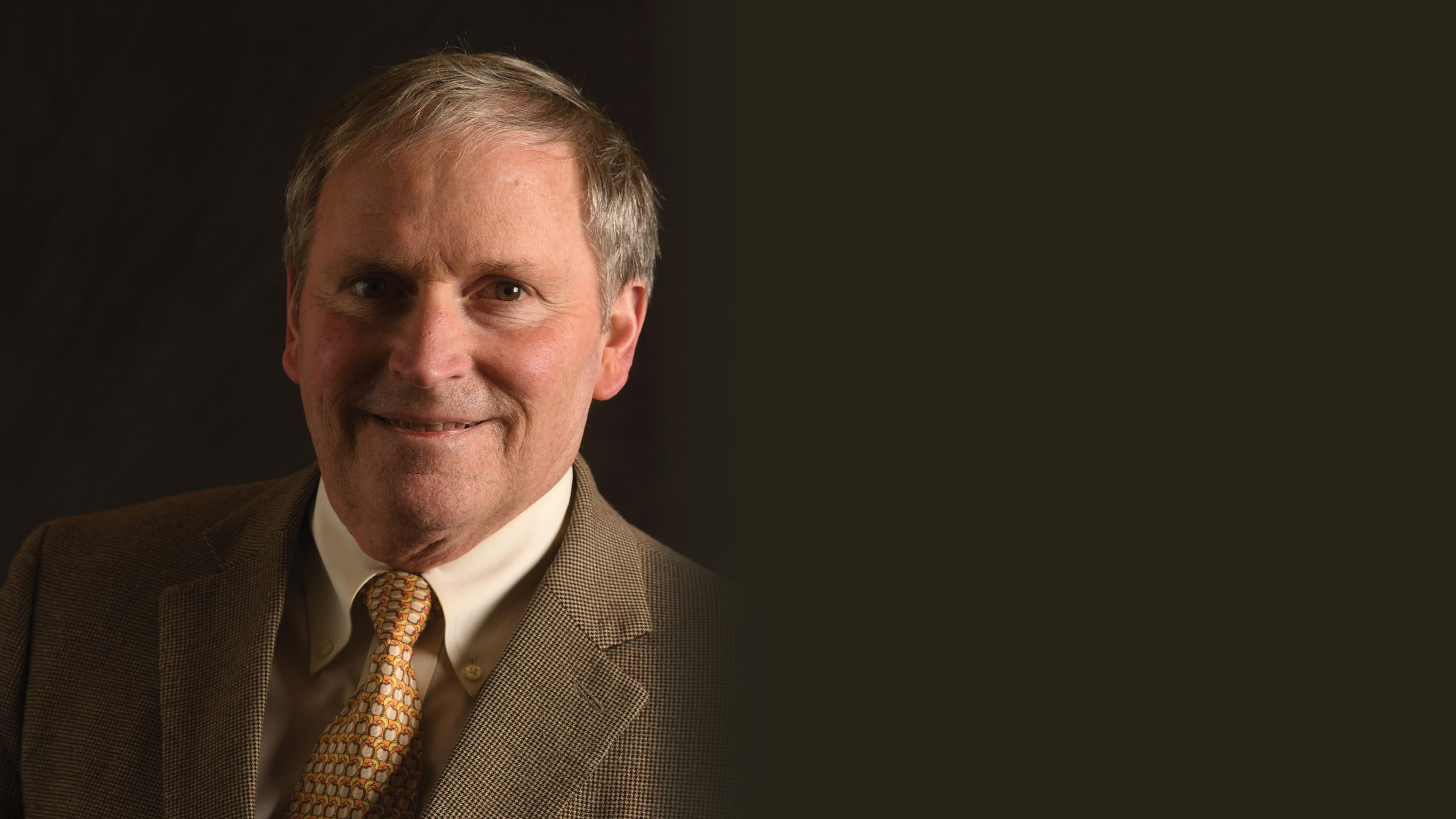

Safeguards in place
Advance directives for health care are written when people have decision-making ability and only go into effect when and if they lose that capacity. If someone is still able to make decisions, they remain the ultimate decision-maker, overriding the advance directive document. If they lose the capacity to make health care decisions, then such decisions will be made based on their stated wishes in the advance directive, by the person they have designated as their surrogate health care decision maker.
The patient’s attending physician must determine and document whether the patient lacks the capacity to make their own health care decisions. The attending physician, working with a second physician, also determines and documents if the patient’s condition is actually a terminal condition or a state of permanent unconsciousness.
Doing nothing—allowing a patient to die a natural death when technology exists to keep them alive — does not always come easily to physicians, who are trained to protect and enhance life.
Without direct guidance from the patient, relatives and caretakers may err on the side of continued life, no matter its quality or quantity.
A push for advance directives began in the late 1960s in response to increasingly effective life-sustaining technologies, many of which were used on unconscious or unresponsive patients. The concern was that dying patients could not control decisions about their own medical care.
Horror stories about patients trapped in medical limbo, undergoing unnecessary, invasive, and often expensive procedures at the end of life, abounded.
In 1971, California became the first state to legally sanction living wills. Twenty years later, all 50 states had legalized some form of advance directive. The U.S. House of Representatives enacted the Patient Self-Determination Act, which stipulates that all hospitals receiving Medicaid or Medicare reimbursement (which includes all Emory hospitals) must ask whether patients have or wish to have advance directives.
Creating an advance directive when you’re young and healthy doesn’t mean you’re planning for something bad to happen, says Kimberly Curseen, director of supportive and palliative care outpatient services for Emory Healthcare.
“And making one when you are seriously ill or injured doesn’t mean you lack hope or faith that you can get better,” she adds. “It means taking and maintaining control by making responsible plans. I don’t expect my house to burn down, but I buy insurance in case it does.”


